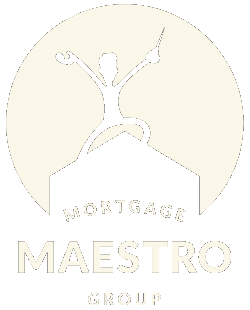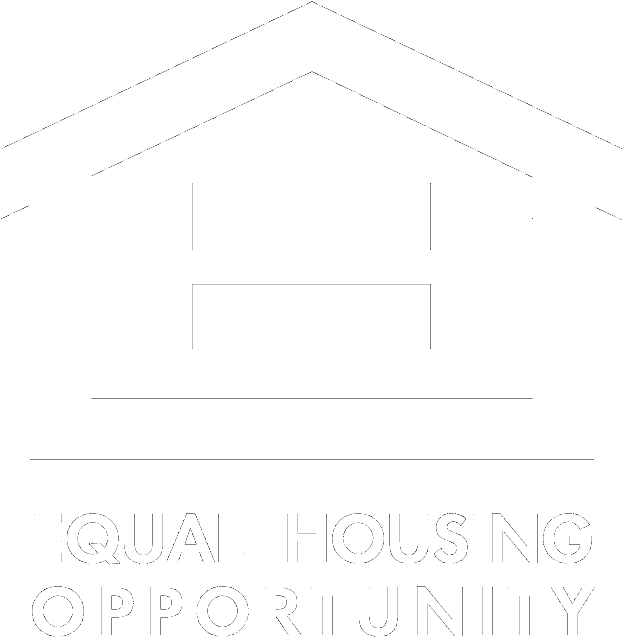FHA Vs Conventional Loans; Which Is Better for you?
 Here you are a first-time buyer or possible move up buyer. Possibly you are a Veteran looking at a VA home loan? Maybe you are buying in a rural area using a USDA home loan? If not, then you are probably trying to decide: FHA Vs Conventional loan; which is better for you?
Here you are a first-time buyer or possible move up buyer. Possibly you are a Veteran looking at a VA home loan? Maybe you are buying in a rural area using a USDA home loan? If not, then you are probably trying to decide: FHA Vs Conventional loan; which is better for you?
First things first. A little background. The Department of Housing and Urban development insure FHA mortgages. Government agencies do not insure conventional loans. Both FHA and Conventional loans are serviced by lenders. Also, to get approved for an FHA loan or a Conventional loan you will work with a lender who likely offers both loan programs. So for now lets examine this broad topic!
5 differences between FHA and Conventional loans. 👍👍👍👌
- Down payment requirements: We’re going to go with standards here. and FHA loan will require 3.5% down. While a Conventional loan requires 3% down to begin with. Where the down payments of each can come from, is pretty much the same. You can use your own funds, borrow from a secured asset, borrow from retirement funds, receive a gift from a family member, or even use down payment assistance to help offset funds for closing.
- Mortgage Insurance: When looking at FHA vs Conventional loans this difference is one that you should look at, if you are not putting 20% down. Again, we are talking standards here, since I could roll your head right off its axis with variables. FHA loans have two forms of mortgage insurance. FHA loans have an Upfront Mortgage Insurance Premium financed to your loan balance (after down payment). They also have monthly mortgage insurance as part of your total payment. If you put 3.5% down that will be there for the life of the loan (relative since you are highly unlikely to pay this off in 360 payments without refinancing your FHA loan). Borrowers that take out an FHA loan and make a 10% down payment, can have the monthly mortgage insurance removed in the future (true story), if you held it that long. A conventional loan has more of a sliding scale approach to mortgage insurance. You see, the less you put down the riskier you are to a lender. If you put 3% down on a conventional loan results in carrying the highest level of private mortgage insurance. From there, if you put 5% down less mortgage insurance, 10% down (you get my drift here). Lastly, with a conventional loan you have a chance of getting rid of mortgage insurance without refinancing your mortgage.
- Interest Rates: Here again is a place where you should pay attention. You now know that an FHA loan is insured by the government. FHA interest rates are relatively static. By saying this I mean they don’t change if you have a 680 FICO score or a 720 FICO score. Whether your debt ratio is 43% or 50% of your income. Conventional loans have interest rates that have loan level pricing adjustors (pro-tip). What this means is that property type, credit score, and debt ratios can all affect your final interest rate. Takeaway- FHA interest rates are typically lower than a conventional mortgage rate on a typical 30 year fixed loan.
- Debt Ratios Allowances: We’re not going to get super geeky here and all analytical on you, just going to try to keep it simple. FHA loans typically allow for higher debt ratios to obtain a loan approval. This has been a long-standing component of FHA loans.The standard for an FHA loan is 43% (total debt/gross income) although you will see approvals in the mid-50% range, as FHA would say they understand that people may budget more money towards their house payment. Conventional loans on the other hand have a standard ratio that is higher than FHA at 45% , but top out at 50% in most cases. Something to noodle on if you have student loans for example.
- Credit: Skeletons In The Closet– For those who may have had a financial hardship this can be a big topic to understand. First things first, I could write a whole blog on this topic alone, so we are going to skim and expose basics here. Bankruptcy: Ch. 7- FHA requires a 2-year waiting period by standards, Conventional requires a 4-year waiting period (more if you have multiple filings in the past 7 years). Ch. 13- FHA loans require 12 months payments, and court approval of the new debt being taken out. Conventional loans require 2 years from discharge date or 4 years from dismissal date. Foreclosures– FHA requires a 3-year waiting period, whereas conventional loans require a 7 year waiting period (unless foreclosure was included in the bankruptcy, then 4 years). Short-sales require you to wait 3 years with FHA for a loan, and 4 years with a conventional loan. (*For all of these scenarios, FHA and Conventional there is potential for extenuating circumstances to shorten the waiting period, so talk to your lender).
There is quite a bit to analyze for getting a mortgage on your home. Determining FHA Vs Conventional loans; which is better take thought past these points. Your lender should cross compare the options after understanding your strategy and what is important to you. Figuring out if an FHA or Conventional loan is better for you can be stressful. The wrong decision could result in making a costly borrowing mistake. Ultimately, this could lead you to a pre-mature refinance ($$$). So you better think, think about what your going to do! Give us a call 303-779-0591 or submit a question and we’ll be in touch.
~ Ray @MortgageMaestro / Branch Manager / Mortgage Maestro Group / [email protected] / 303-779-0591 x101












